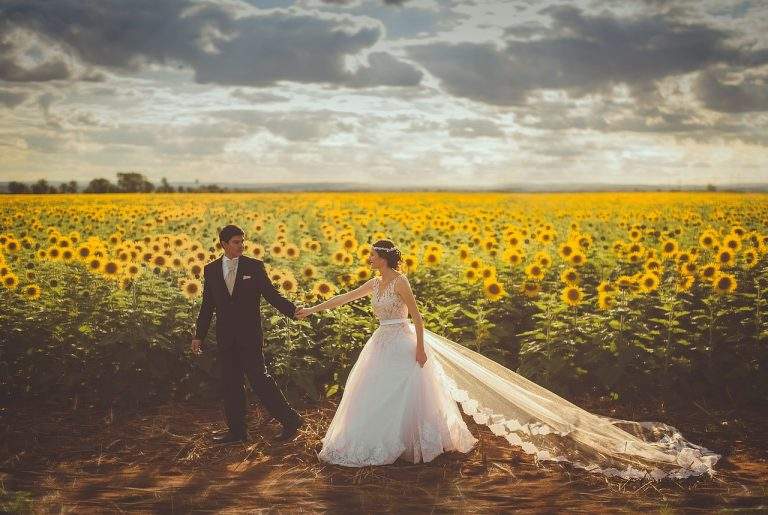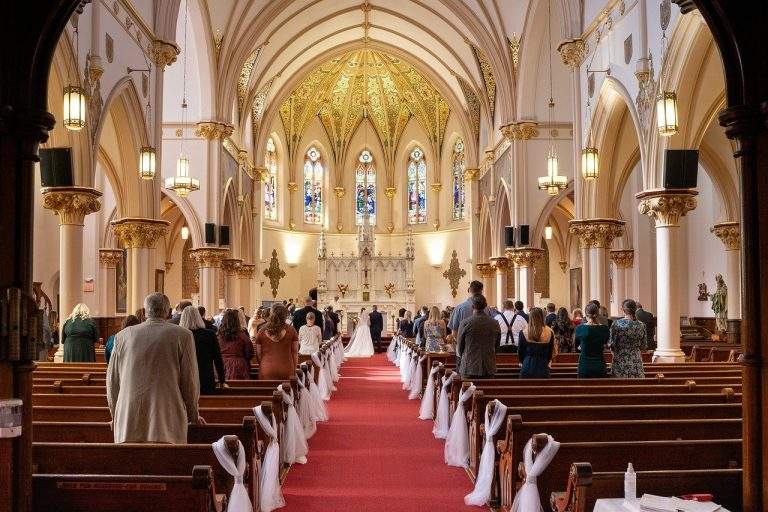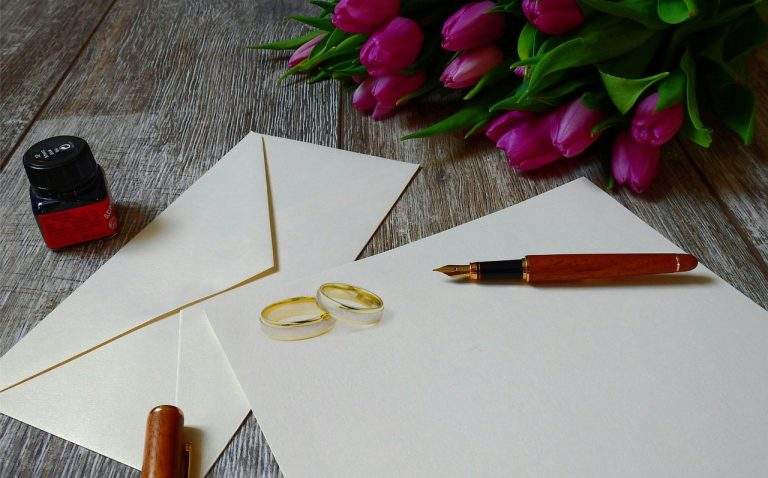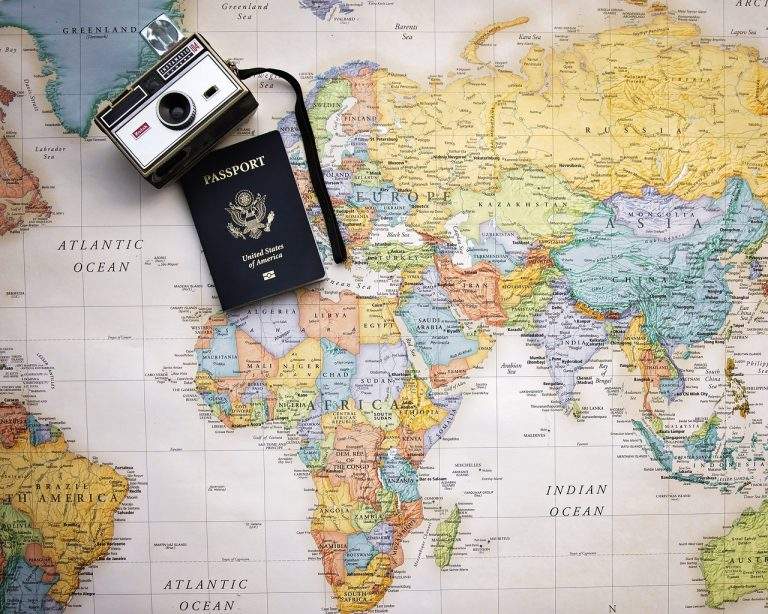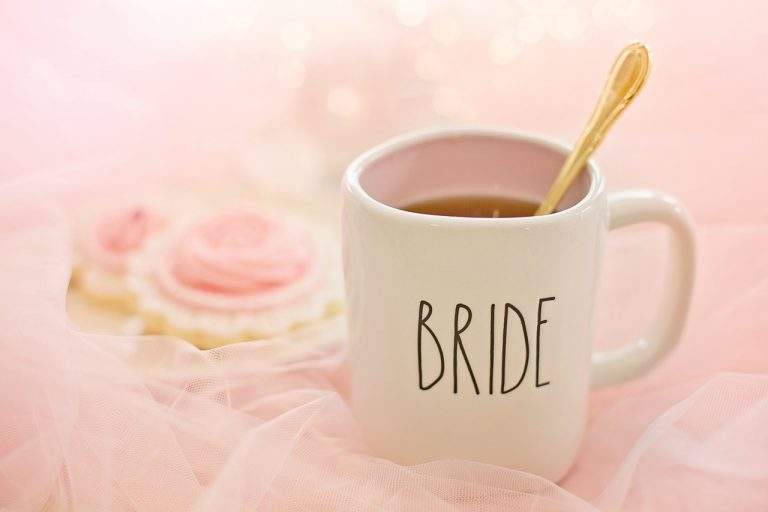Planning a wedding can be a daunting task, and one of the crucial decisions to be made concerns the choice of groomsmen for the bride and groom. Witnesses are not only supportive figures during the ceremony, but also play a crucial symbolic and legal role. In this article, we will explore how many groomsmen are needed for the bride and groom, the traditions associated with this choice, and some useful tips for selecting the right people.
Tradition and legal obligations
In many countries, the law requires a minimum number of witnesses to validate the marriage. For example, in Italy it is necessary to have at least two witnesses, one for the bride and one for the groom. However, many couples choose to have more than one best man each, following traditions or their own personal wishes.
In other countries, such as the United States and the United Kingdom, the law is similar: at least two witnesses in total are required. However, there are no upper limits on the number of witnesses a couple can choose, which offers greater flexibility and personalization of the ceremony.
The choice of witnesses
Choosing witnesses can be an exciting but also delicate process. Witnesses are often close friends or family members who have a special bond with the couple. It is important to choose people who are trusted, supportive of the bride and groom, and enthusiastic about playing this meaningful role.
For the bride
The bride may choose one or more bridesmaids as witnesses. Traditionally, the main bridesmaid is a sister or close friend of the bride. In addition to this main figure, the bride may have other bridesmaids who fill the role of witnesses.
Bridesmaids’ responsibilities as groomsmen include organizing the bridal shower, assisting with wedding preparations, and providing emotional support throughout the process. In addition, during the ceremony, bridesmaids often help the bride with the dress and other practical details.
For the groom
The groom may choose one or more witnesses from among his closest friends or family members. Traditionally, the best man is the best friend or a brother of the groom, often referred to as the “best man” in Anglo-Saxon countries.
The groomsman is responsible for organizing the bachelor party, guarding the wedding rings until the time of the exchange, and offering logistical and moral support. During the ceremony, the best man assists the groom and makes sure everything goes smoothly.
Tips for choosing witnesses
- Consider personal connection: Choose people with whom you have a special bond and who have been an important part of your life.
- Reliability: Witnesses should be people you can count on for emotional and practical support during wedding preparations.
- Compatibility: Ensure that witnesses are able to cooperate because coordination is critical to avoid unnecessary stress.
- Availability: Witnesses must be available to attend pre-wedding events, such as the bachelorette/bachelorette party and ceremony rehearsals.
- Consent: It is important to seek consent from potential witnesses before officially announcing them. This avoids embarrassment or logistical problems.
The importance of the role of witnesses
The choice of groomsmen for the bride and groom is a personal and significant decision. Although the law mandates a minimum number of witnesses, couples have the freedom to choose how many people they want to have by their side during one of the most important days of their lives. Choosing the right groomsmen can make all the difference in making the wedding an unforgettable and stress-free experience. With care and thought, you can select the people who best represent the special bond with the bride and groom, ensuring that their special day is perfect.

